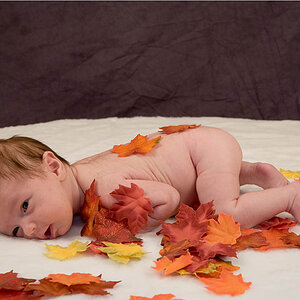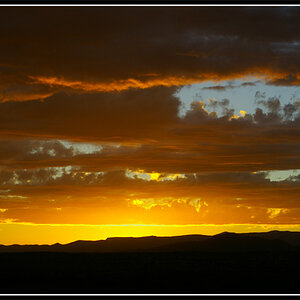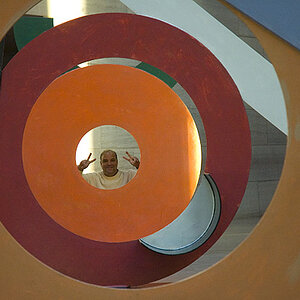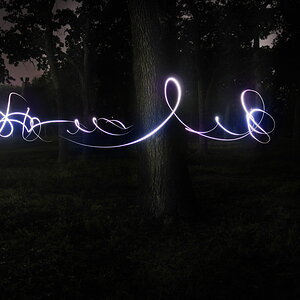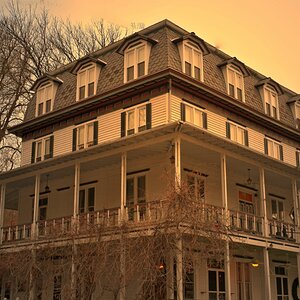Compaq
Been spending a lot of time on here!
- Joined
- Aug 29, 2010
- Messages
- 3,400
- Reaction score
- 657
- Location
- Norway
- Can others edit my Photos
- Photos OK to edit
I've been reading BT's "Learning to See Creatively". Great book, very nice. Anyway, what I have noticed is that he, without thinking about the image quality, stopped down to f/22 or even f/32 to get max DOF.
Today, I see people fearing stopping down that much due to the de devilish, image quality eater diffraction. Why is that? Is IQ that important? It didn't seem to worry BT. Also, a little diffraction can be taken care of in PS, and get very good results. A little less contrast, we can even shoot RAW.
Do anyone see what I mean? Don't get me wrong, artistic expression can be image quality. Just tried to get a good head line.
Today, I see people fearing stopping down that much due to the de devilish, image quality eater diffraction. Why is that? Is IQ that important? It didn't seem to worry BT. Also, a little diffraction can be taken care of in PS, and get very good results. A little less contrast, we can even shoot RAW.
Do anyone see what I mean? Don't get me wrong, artistic expression can be image quality. Just tried to get a good head line.
Last edited:


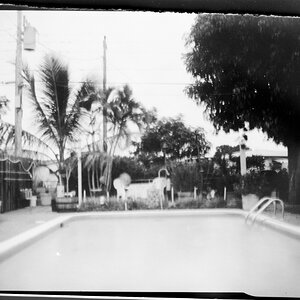
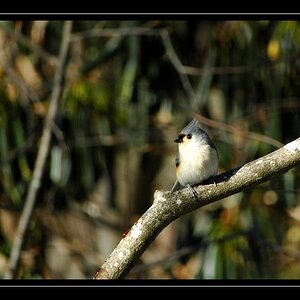
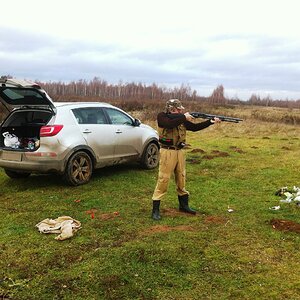

![[No title]](/data/xfmg/thumbnail/37/37280-a7e70a01ccd331918e71645cd4c1f16e.jpg?1619737977)
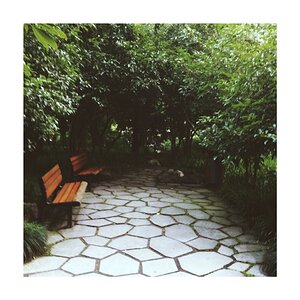
![[No title]](/data/xfmg/thumbnail/42/42269-bc38cb35884d46241dcf3623b338b43b.jpg?1619740078)
